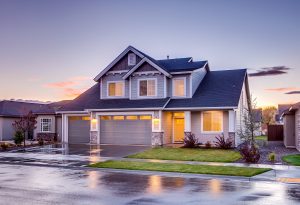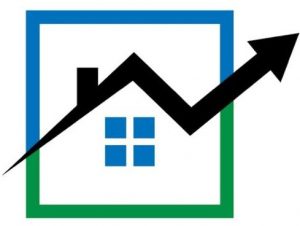
By Marie Villeza
Education can be incredibly expensive, and borrowing money to pay for college is not always the best option. As Investopedia can confirm, student debt is a national-level crisis that you want to steer clear of, if at all possible. Debt can be stressful, requires many sacrifices, and pushes back major life milestones.
What, then, should you do if you’re an adult hoping to go back to college? You could save up to pay for your degree in cash. And to make said cash, you could potentially flip houses. House-flipping can be incredibly profitable – a 22-year-old managed to rake in $300,000 with house-flipping recently – and typically has a high ROI. While you may or may not be able to make a six-figure income, you could at least save enough to pay for a degree.
Below, Buy Sell Invest USA explains house flipping in detail below:
Are you equipped to be a house flipper?
House-flipping sounds simple – you find a fixer-upper, fix it up, and sell it for a profit. It’s much more involved than that, though. First, it requires serious technical skills. For instance, you need to be good at construction (or know suitable contractors) to renovate a house. Second, it can be risky. You need to find the right house in the right location, while navigating challenges like bad weather or truant contractors, to turn a profit.
Last, it’s running a business. You have to work hard and wear many hats, from product development (remodeling the house) to sales (marketing it to potential customers). You don’t necessarily need to know everything from the get-go, but a background in construction or business administration can help. In all cases, a willingness to learn is essential.
Market conditions are everything
When it comes to house flipping, location is king. You should aim to flip a house in a popular neighborhood as opposed to a remote destination. Market conditions will affect your eventual profit. For instance, is the property market hot? Are contractors readily available and willing to work with you on your house-flipping project? Research the market thoroughly and run the numbers before buying a place.
Paying for flipping: Mortgage or cash?
House flippers aim to follow the 70 percent rule to turn a profit. That means you shouldn’t buy a home for more than 70 percent of its after-repair value (ARV), which Bob Vila can explain further. This doesn’t always make purchasing a fixer-upper via mortgage feasible, especially as you pay many expenses (like closing costs) out of your own pocket. There are a few other ways to house flip without cash that you could look into.
Improvements to attract buyers
To make your house sell faster, and for more, it’s crucial you make improvements buyers would want. This could be functional as well as cosmetic upgrades. For instance, outdoor seating areas that allow homeowners to be close to nature are all the rage recently. Modular kitchens are a classic, popular option. Aim to make just enough improvements to make the property extra attractive, without investing too much time (or money).
Marketing your property
Marketing could make or break your business. Good marketing is essential for raising your profile and helping you win trust. Furthermore, it can make your property more attractive. Some suggestions are creating listings with high-quality pictures, getting a business website, getting on social media, and running advertising campaigns (offline and online).
Building a team you can trust
Working with professionals will make house flipping easier – you can’t do everything alone. For instance, you could build up a team of contractors, handymen, cleaning crews, and other workers to work with you. Having a good realtor in your corner can help you find excellent properties, not to mention get up-to-date info on the market. You could find someone to help you run your business (if you’re flipping multiple properties). You can reach out to the experienced Buy Sell Invest USA team for tailored assistance with anything real-estate related.
Going back to school while house flipping is possible
If your business takes off, it’s possible for you to go back to school while still house flipping if you pursue an online program. Online programs allow you to study at your own pace, making it easier to run a business while still keeping up with your studies. Also, they are typically more affordable than in-person learning. If you pick a business degree, you could learn valuable skills in accounting, business, communications, or management that would stand you in good stead in your business (or help you find a different career). You can earn a business bachelor’s degree via an accredited online school.
Conclusions
The average profit for a house flip for a $250,000 house is $37,500, which is enough to cover the cost of an educational degree in many schools. Do your research, run the numbers, and have a good house-flip strategy in place that accounts for challenges to succeed with your budding house-flipping venture.
Image via pexels
